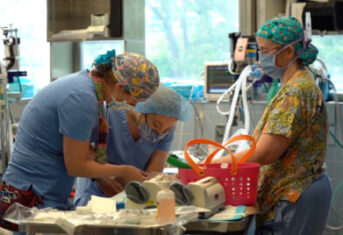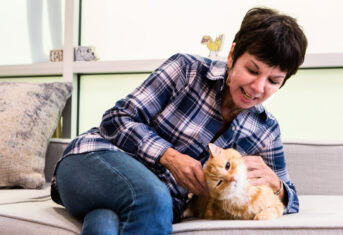How to Choose a Veterinary Clinic
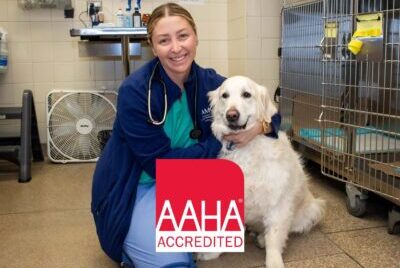
How to Choose a Veterinary Clinic
The COVID-19 pandemic created a high demand for veterinary services that has yet to abate in 2023. In response, a variety of new veterinary clinics have popped up in New York City and beyond. Some offer wellness care, some are urgent care facilities and others provide 24/7 emergency care. This new variety makes choosing a veterinary facility for your favorite fur person more challenging than ever. But with some planning and research, you can make sure your pet is in the best place for their medical needs. Here are my suggestions on how to choose the right facility for your pet.
Consider the Veterinary Services Your Pet Will Need
When selecting a veterinary hospital, you need to consider what services your pet(s) will need. If you have a multi-species household, you may want a facility that can treat all your pets, whether they’re dogs, cats or exotic pets, like birds and reptiles. If you need special tests or certifications, such as a health certificate for international travel, you’ll want to check with the facility in advance since not all veterinarians can sign these documents.
Additionally, you may want to consider your pet’s possible risk factors and/or medical history when choosing a veterinary clinic. For example, do you have an overweight “brachycephalic” dog, like a pug or a French bulldog? Then you may want to look for a hospital with board-certified anesthesiologists and surgeons on staff in the event your dog needs surgical intervention to correct their many predisposed conditions. A sports medicine and rehabilitation specialist can also help this hypothetical pup maintain an ideal body condition, which can dramatically improve the medical management of other conditions. This is the benefit of a multi-specialty hospital like AMC – with 20 specialties under one roof, we can treat the whole pet in our collaborative care model.
What to Look for in a Veterinarian’s Credentials
By definition, all veterinarians have a veterinary degree – often listed as DVM, though sometimes it’s listed as VMD, MVB or BVetMed, depending on the conferring institution. But some veterinarians will have an additional string of letters after their name. Credentials that start with a D and include 4-6 extra letters mean that a veterinarian is board certified in their specialty, the highest level of expertise a veterinarian can obtain. When a board-certified specialist oversees your pet’s care, your pet is receiving the gold standard of veterinary medicine. Board certification is rare, however, so don’t necessarily rule out a veterinarian that isn’t board certified. Instead, look at years of experience, other certifications or advanced degrees and postgraduate education, such as veterinary internships and residencies, as a gauge of that veterinarian’s skill and expertise in their field.
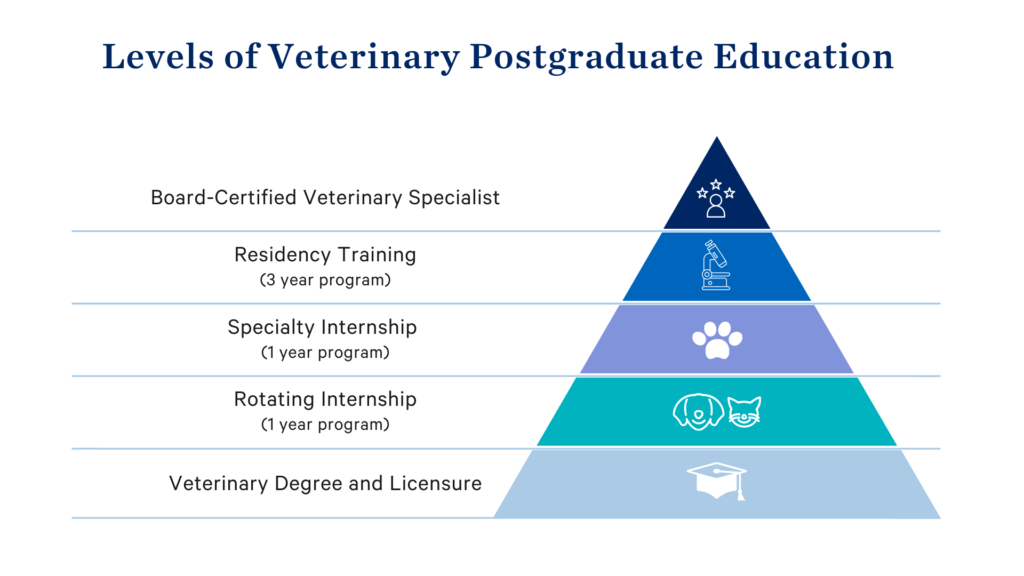
Veterinary Board Certification Acronym Cheat Sheet
This is not a complete list of veterinary board certifications.
| Acronym | What it Stands For | What it Means for Pet Parents |
| DABVP | Diplomate of the American Board of Veterinary Practitioners | A board-certified specialist in species-specific medicine, such as birds or reptiles |
| DACVAA | Diplomate of the American College of Veterinary Anesthesia and Analgesia | A board-certified anesthesiologist |
| DACVECC | Diplomate of the American College of Veterinary Emergency and Critical Care | A board-certified emergency and critical care specialist |
| DACVIM | Diplomate of the American College of Veterinary Internal Medicine | A board-certified internal medicine specialist in one or more of the following areas: Cardiology, Neurology, Oncology or Small Animal Internal Medicine |
| DACVO | Diplomate of the American College of Veterinary Ophthalmologists | A board-certified ophthalmologist |
| DACVP | Diplomate of the American College of Veterinary Pathologists | A board-certified pathologist or clinical pathologist |
| DACVR | Diplomate of the American College of Veterinary Radiology | A board-certified radiologist |
| DACVS | Diplomate of the American College of Veterinary Surgeons | A board-certified surgeon |
| DACVSMR | Diplomate of the American College of Veterinary Sports Medicine and Rehabilitation | A board-certified specialist in sports medicine and rehabilitation |
| DAVDC | Diplomate of the American Veterinary Dental College | A board-certified dentist |
Note: If you see any of the above acronyms with a DE- prefix, that indicates the European equivalent to American board certification.
What to Look for in Veterinary Hospital Accreditations
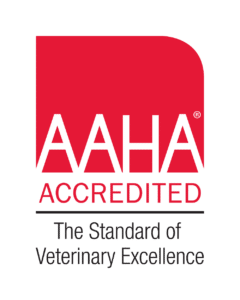
Even if two veterinary hospitals offer the same services and have board-certified specialists on staff, their standards of care and access to medical technology can vary. The Animal Medical Center prides itself on being accredited by the American Animal Hospital Association (AAHA), meaning we’re held to the highest standards of veterinary care with regular evaluation on 900 quality standards.
We’re also proud to maintain New York City’s only Level 1 Trauma Center, as certified by the American College of Veterinary Emergency and Critical Care. As a Level I Trauma Center, we’re able to provide 24/7 care for every aspect of trauma care, from stabilization through medical and surgical care and rehabilitation. As an example, if your dog is hit by a car and is in shock, AMC’s Emergency and Critical Care team will treat for shock and assess the injuries. If they identify a broken leg, then AMC’s orthopedic surgeons will take over and repair the fracture under anesthesia supervised by our board-certified anesthesiologist. If a post-op corneal ulcer develops, AMC’s board-certified ophthalmologist will step in. This is the benefit of a Level 1 Trauma Center within a large specialty hospital like AMC: there is a specialist to treat any problems your pet develops 24 hours a day, 7 days a week.
Not every veterinary facility will have AMC’s full-service care, and not every pet needs a high level of specialty care on a regular basis. But the Schwarzman Animal Medical Center full-service veterinary team is here if you need us, ready to provide whatever care your pet needs to remain a vital member of the family.































